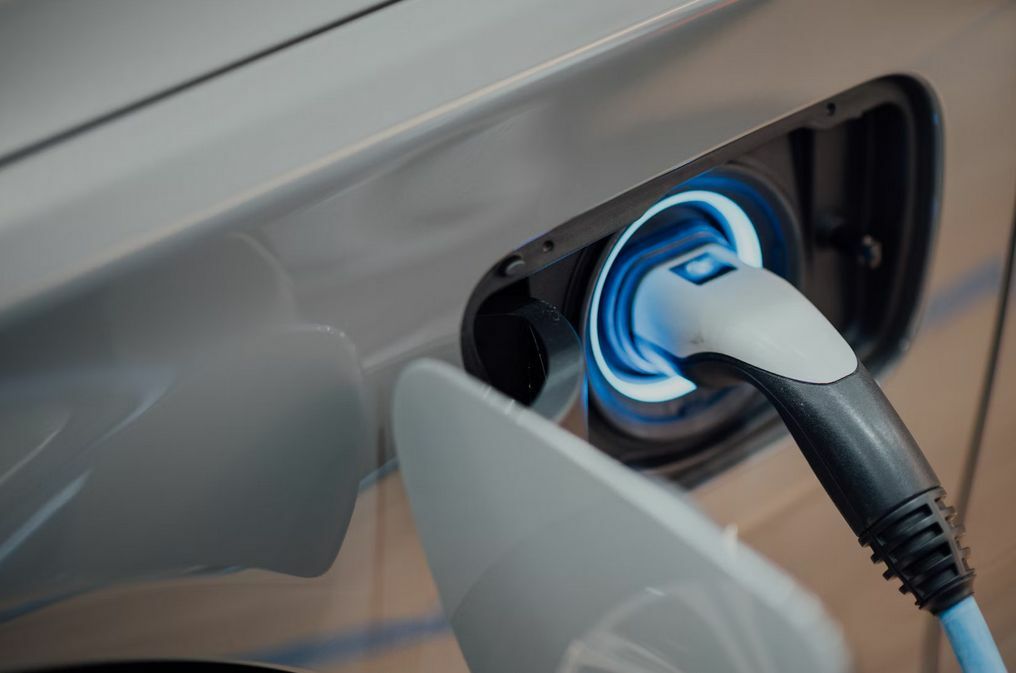Potential lithium reserves discovered in Phang Nga for EV industry

The Department of Primary Industries and Mines has identified potential lithium reserves in Phang Nga’s Takua Thung district, which could be instrumental in catering to the growing demands of the electric vehicle (EV) industry.
Initial surveys indicate the presence of the element in the Ruangkiet area, where pegmatite, a rock from which lepidolite is derived, was discovered. Lepidolite is a known lithium-bearing mineral.
According to Aditad Vasinonta, the acting deputy director-general of the department, officials believe Ruangkiet shows the potential to be developed into a lithium extraction mine with a grade of 0.45% lithium oxide, reported Bangkok Post.
Special licences have been issued for lithium exploration in three areas within the district, including Ruangkiet and Bang E-Thum. Two Australian firms, Pan Asia Metals and Matsa Resources, are currently involved in this endeavour.
Officials are also conducting a comprehensive survey at Bang E-Thum to identify potential lithium deposits.
Aditad affirmed that the Ruangkiet area is expected to yield enough lithium to produce 50-kilowatt-hour lithium-ion batteries for one million EVs.
“The government expects to use lithium to support the EV industry and make Thailand a more attractive investment destination for manufacturers.”
Historically, Southern Thailand was a prominent tin mining region in the late 19th and 20th centuries, before its transformation into a tourist hotspot along the Andaman Sea.
Industry Minister Pimphattra Wichaikul mentioned that the government is also focusing on the development of technology to enable the reuse and recycling of batteries to create “second-life EV batteries.”
These batteries are designed to power small electric cars and contribute to electricity consumption in homes and factories.
The ministry has ambitious plans to boost EV production, targeting the manufacture of 359,000 EVs with an investment of 39.6 billion baht (US$1.1 billion) this year.
The state EV incentive package, known as EV3.5, is anticipated to significantly contribute to the growth of the EV industry.
EV3.5 encompasses subsidies, reduced import duties for fully assembled cars, and a tax cut on excise. Companies participating in this scheme, which runs from 2024 to 2027, are required to commence domestic EV production from 2026.
Latest Thailand News
Follow The Thaiger on Google News:


























